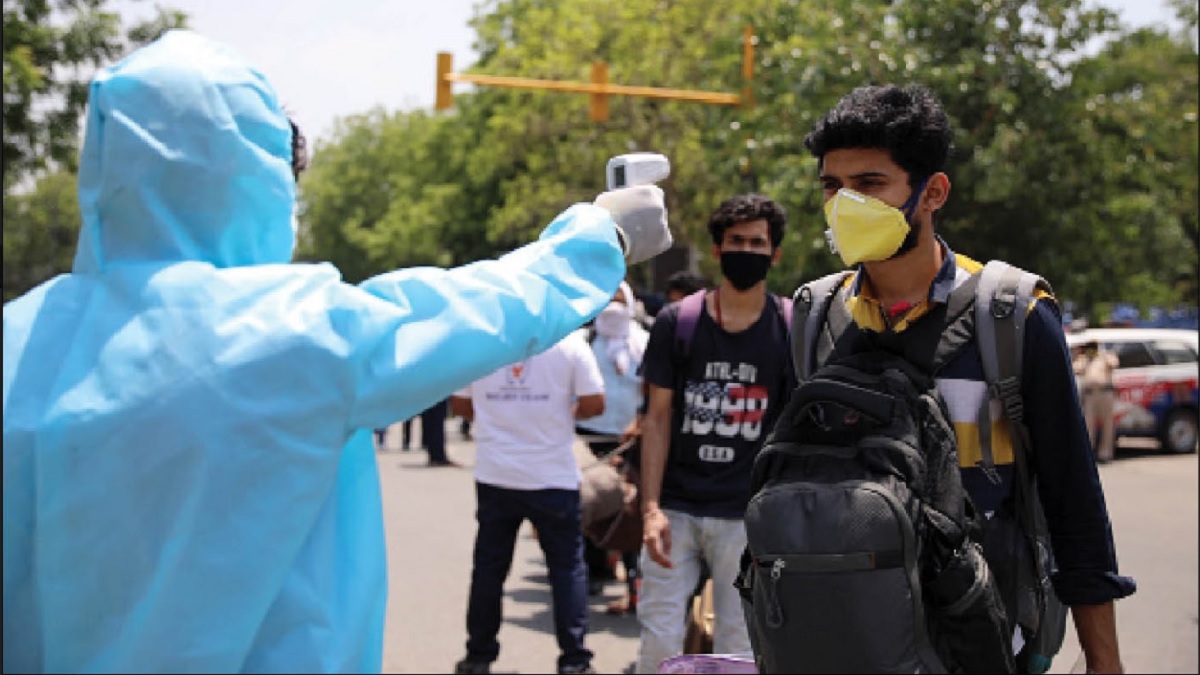
The threats and challenges posed by Covid-19 continue to be felt across the globe. As of 28 April, 2020, according to statistics from the 99th Coronavirus Disease Situation Report by the World Health Organization(WHO), there are a total of 2,954,222 confirmed cases and 202,597 deaths worldwide. As a typical public health crisis, fighting the coronavirus pandemic requires coordinated action by parties around the world, and getting rid of misperceptions and malicious interruptions in the process is crucial. The first typical misperception is to put shirking responsibility above everything else in the fight against the pandemic. Instead of taking concrete steps to fight the pandemic, some countries have taken the wrong path of blaming others while disregarding facts, which has made the situation worse.
The second typical misperception is to use the pandemic as a bargaining chip, and try to advance other goals by stirring up confusion. Attempts by Taiwan separatists to seek independence amid the pandemic is a typical example. To this end, they spare no efforts to confuse right and wrong. For example, in December 2019, Taiwan separatists sent an email to WHO, requesting it to share information about the coronavirus disease. Later on, they touted that the email was an early warning sent by Taiwan authorities against the virus, thus confusing outsiders, including some individual researchers from the Indian Observer Foundation, and fanning the flames of Taiwan independence. In stark contrast to this, under the leadership of the Party Central Committee with General Secretary Xi Jinping at the core, China, in the hope of jointly building a community with a shared future for mankind, has made fighting against the coronavirus disease and protecting people’s lives a top priority since the disease first broke out. Statistics show that as of April 25, 2020, China has provided or is providing surgical masks, protective gears and testing kits to 191 countries and 6 international organizations while continuing to put the epidemic under control at home.
China’s local governments, enterprises and civil society organizations have donated medical supplies to more than 100 countries and regions as well as international organizations. According to statistics from Chinese Customs, from 1 March to 25 April, China exported 55 billion RMB worth of anti-epidemic supplies, including 21.1 billion masks, 109 million protective gears, 32.94 million protective goggles, 9.29 million infrared thermometers, and 763 million pairs of surgical gloves. Any researcher with common sense, wherever they come from, should be able to have an objective understanding and evaluation of the sincerity shown and efforts made by China. It should be noted that, as WHO is an intergovernmental international organization composed of sovereign states under the framework of the United Nations, the Taiwan authorities seeking “independence” have long tried to achieve the so-called “De Jure Independence “ by first getting accession to WHO in the name of participating global public health and health issues.
Thus, its proclaimed purpose of having access to public health and health data is just a gimmick. And this kind of act has been quite unpopular. In an interview with Dr. Alward, Assistant Director-General of WHO on 28 March, 2020, some Hong Kong media supporting “Taiwan independence” gruffly picked up the socalled Taiwan’s WHO “membership” issue in the anti-epidemic conversation, but Dr. Alward hung up the phone as a response. What Dr. Alward did is undoubtedly a responsible act of upholding legal principles and justice. Covid-19 is a common threat to all human beings, and mankind is a community of shared destiny in the face of it. Only by getting rid of interruptions of misconception and misbehavior, conscientiously focusing on fighting the virus itself, can we prevail over this common enemy of mankind. Professor Shen Yi is the Director of the Center for BRICS Studies at Fudan University.